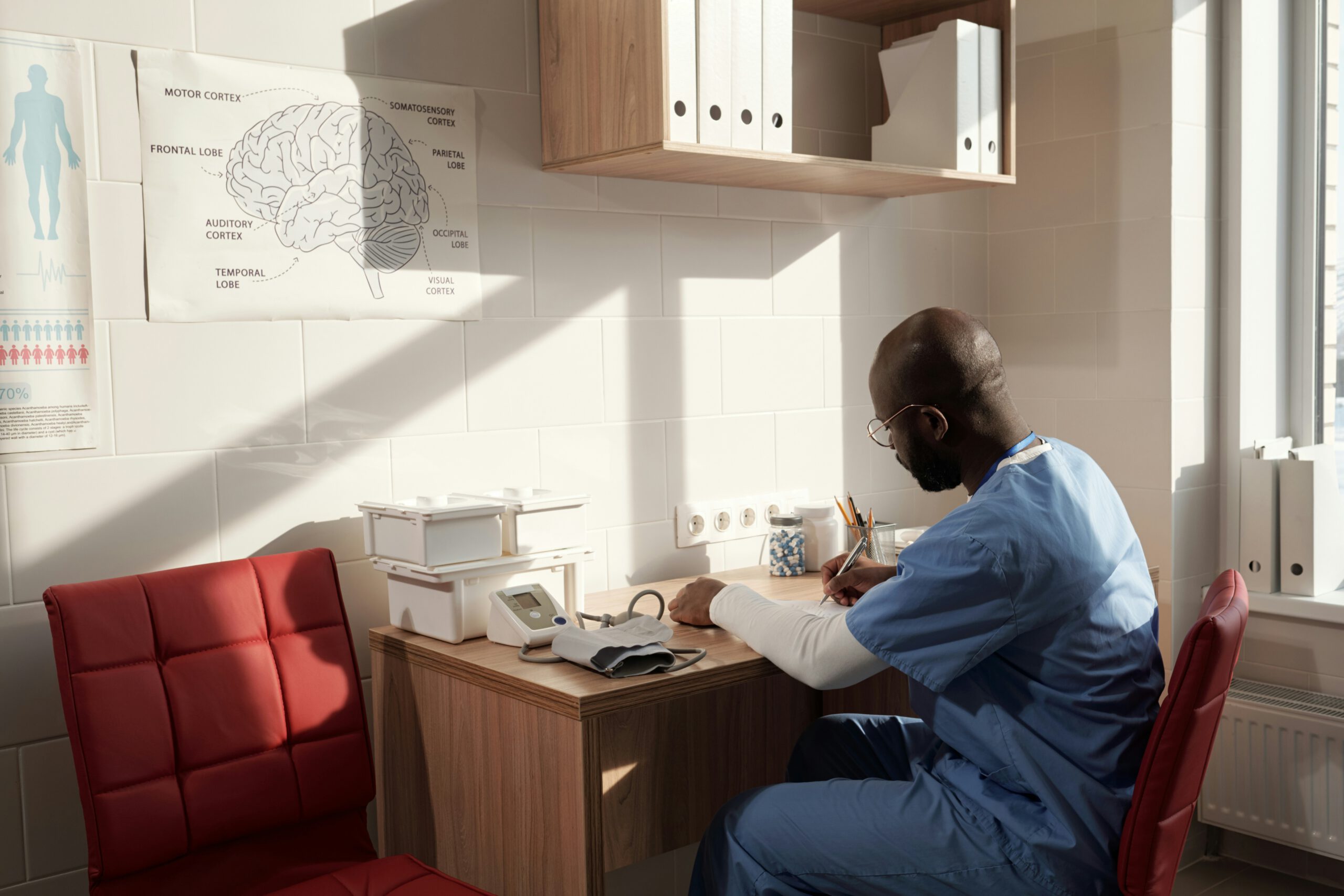The mental health industry is entering a defining moment. Transcranial Magnetic Stimulation (TMS), once viewed as a niche option for treatment-resistant depression, is now positioned at the center of a global transformation in psychiatric care. With expanded insurance reimbursement, increasing provider adoption, and a rising demand from patients who want non-medication alternatives, experts agree: TMS market growth 2025 is the clearest signal yet that this therapy has moved into the mainstream.
The Momentum Behind TMS Market Growth 2025
The medical device sector often experiences slow adoption curves, but TMS is breaking the mold. Three forces are converging in 2025 to accelerate the field:
- Industry Adoption Trends
Leading psychiatry practices, hospitals, and outpatient clinics are integrating TMS into their treatment offerings. In the past, device acquisition required extensive education and justification. Now, more providers understand the operational advantages of adding TMS to their practice—expanded patient services, stronger revenue models, and alignment with cutting-edge mental health care. - Reimbursement Expansion
Insurance has historically been the barrier between patients and TMS. That barrier is rapidly fading. Medicare, Medicaid, and major private insurers have expanded coverage for TMS treatment, not only for depression but also for conditions like OCD. Analysts expect coverage for new indications, including anxiety and PTSD, to gain traction, further fueling TMS market growth 2025. - Patient Demand
Patients today are more informed and proactive in their mental health care. They are seeking options beyond medications, particularly those with fewer systemic side effects. TMS delivers a non-invasive, outpatient-based solution with proven long-term durability—qualities that resonate deeply with today’s patients and families.
Why 2025 Matters More Than Any Other Year
The timing of these shifts is critical. Market analysts project double-digit growth rates in device installations and treatment sessions through 2025. This isn’t just an incremental rise—it’s a structural leap forward for TMS.
- Device Manufacturers: Companies are expanding production lines, introducing next-generation systems, and competing for clinic partnerships.
- Clinicians: Psychiatrists and mental health centers are no longer asking if they should adopt TMS but how quickly they can get started.
- Patients: Awareness campaigns and clinical success stories are increasing trust and driving inquiries, leading to fuller appointment schedules for providers.
Taken together, these factors suggest that 2025 will be remembered as the year TMS cemented itself as a first-line treatment option in modern psychiatry.
Operational Advantages for Providers
For mental health professionals, TMS market growth 2025 presents both opportunity and urgency. Practices that adopt TMS devices in the next year will find themselves on the leading edge of patient care and revenue potential. Benefits include:
- Revenue Diversification: TMS offers clinics an additional service line with predictable reimbursement.
- Patient Retention: Clinics that can offer multiple levels of care—including TMS—are more likely to keep patients in-house.
- Competitive Differentiation: Early adopters can position themselves as local leaders in cutting-edge treatments, gaining visibility in their region.
Patient-Centered Care in the New Era
At the heart of market growth is the patient experience. TMS treatment plans are typically 20–30 minutes per session, five days a week, over four to six weeks. Patients can maintain daily routines, work, and family life while receiving therapy. Reports of improved mood, sharper cognitive function, and long-lasting benefits are reinforcing positive word-of-mouth.
As more patients share their success stories, demand will only increase, further fueling the cycle of adoption and growth.
Looking Ahead
The coming year represents more than a market milestone—it’s a cultural shift in how psychiatric care is delivered. TMS market growth 2025 is proof that the industry is ready to expand access, improve patient outcomes, and reshape mental health treatment standards for decades to come.
Providers who act now will not only benefit from the market momentum but also set themselves apart as innovators committed to better patient outcomes.
Learn more about the Blossom TMS Therapy System and how SEBERS Medical supports practices in integrating advanced TMS solutions.
Phone: 833.3BUY.TMS (+1.833.3289.867)
Email: Sales@sebersmedical.com
Address: 230 S Broad Street, 17th Floor Philadelphia, PA 19102





